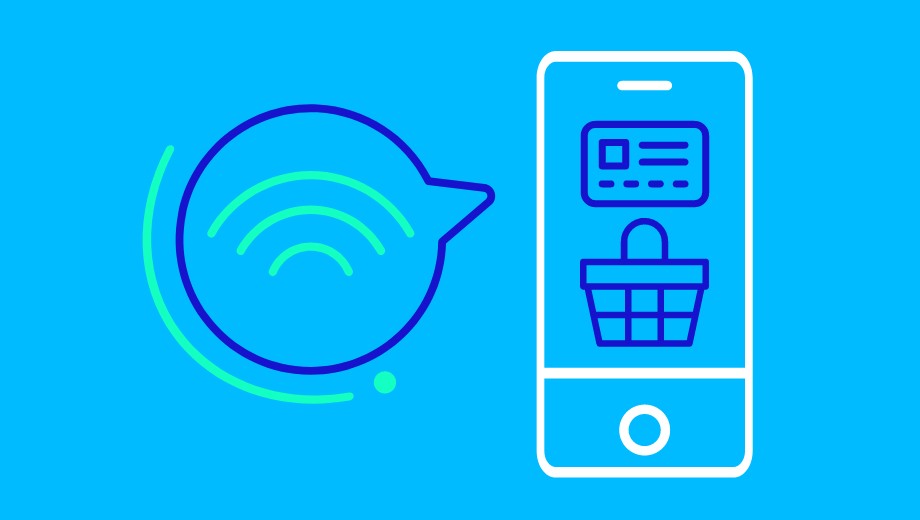In Japan, no less than Ministry of Economy, Trade and Industry has asked convenience stores to implement automation to cope with a labor shortage and make shopping more pleasurable.
Now the emergence of COVID-19 is adding urgency to this push for a friction-free experience and putting more pressure on grocers to automate their supply chains.
Some of the most promising inroads are being made by convenience-oriented retailers deploying solutions based on radio frequency identification, or RFID, which can enable not only friction-free, socially distanced shopping, but enormous back-end efficiencies as well. At Avery Dennison, we're excited to be helping to shape these digital transformations, which point the way to the future of grocery shopping and food service.
For example, customers of Iris Nova's cashierless Drug Store in New York's Tribeca neighborhood can walk in, grab their favorite Dirty Lemon beverage from a refrigerator, tell the company what they took via text, and be on their way. That's it. Payment is debited from their account, and Iris Nova's system logs the inventory change.
The secret is a small Avery Dennison RFID tag on every bottle, which creates the bottle's digital twin in Iris Nova's inventory system. Besides validating sales, the tags enable better stock management and at-a-glance knowledge of where any item is in the supply chain. They also enable automated monitoring of expiry, more accurate sales data, and mobile-based experiences that let customers take part in promotions, explore how their beverage was made, and discover other Dirty Lemon products.
While COVID-19 has forced Iris Nova to pause its brick-and-mortar operations and focus on its direct-to-consumer business, the company still plans to install its RFID-enabled refrigerators in other retailers' stores and in non-retail spaces like gyms.




